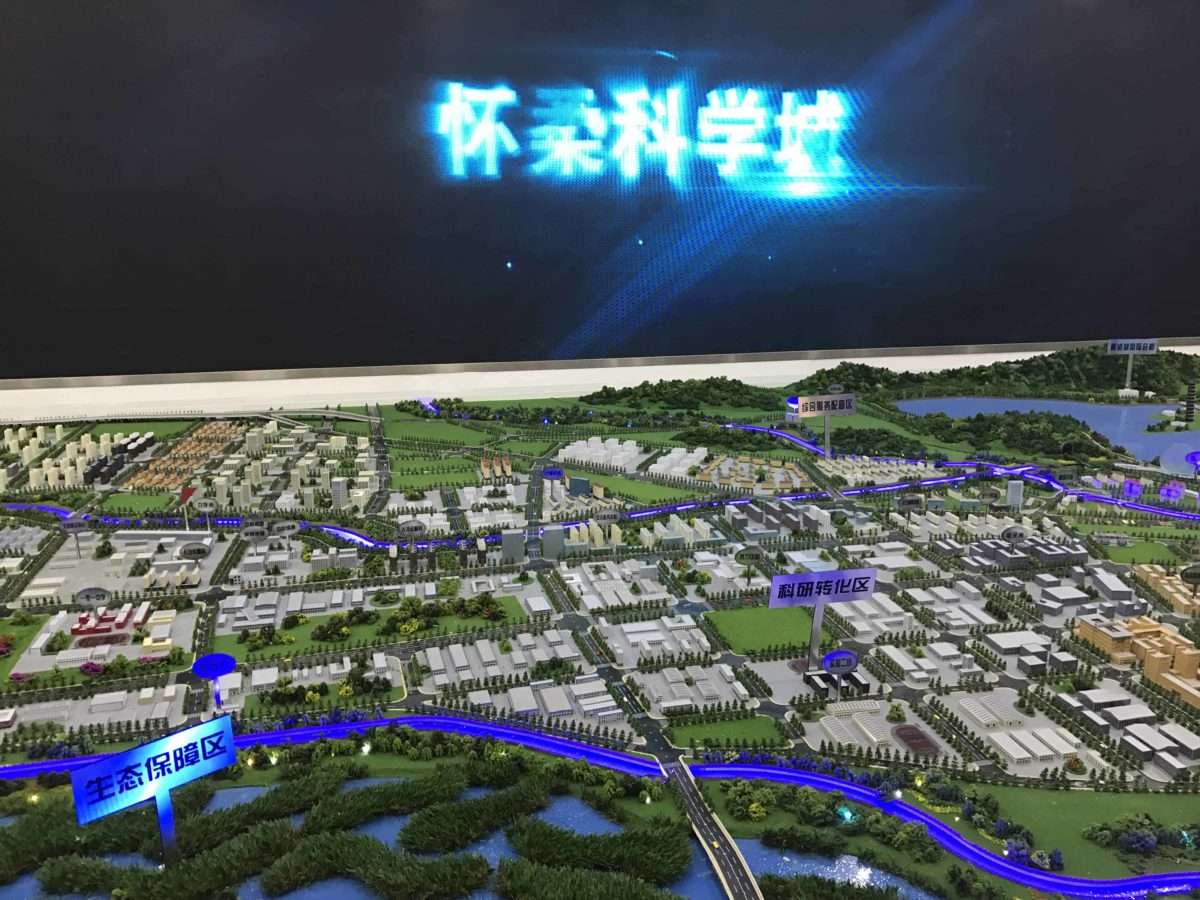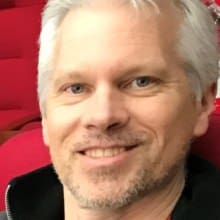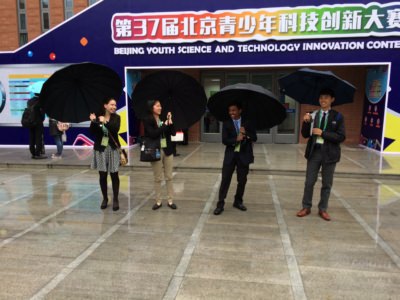

In North Carolina, the Research Triangle Park (RTP) is a conglomeration of over 200 high-tech companies employing nearly 50,000 people. The RTP has morphed over the years from its initial design as a place where researchers came to work, to now include housing and shopping areas as it evolves into a place to live and work. As of 2016, the Park covers roughly 7,000 square acres between Raleigh, Durham, and Chapel Hill, North Carolina.
Why mention the RTP in a blog from China? Yesterday, we toured part of an area that the Chinese Government proclaims will be a Science City focused on research that will surpass such international locations as Lund University in Sweden or Brookhaven National Laboratory in New York. “Here will be the holy land as well as cradle for scientists and scientific researchers in the world,” says the transcript we were given. An audacious goal from a country that has achieved many audacious goals over the years.
Remember that thing called the Great Wall?
A few statistics on the future Science City:
Official name: Huairou Science City
Size: 10,400 Acres
Planning Cost: 4.8 Billion Yuan ($697 million U.S Dollars)
Anticipated Completion: 2030
As China plans and begins to build an enormous science city, fueling scientific discoveries and economic endeavors, what are leaders in America doing? Check Twitter.
America needs to rethink our priorities and set a few audacious economic, educational, and scientific goals of our own, so that the country is prepared to compete with the rest of the world in the coming decades.
My recommendation to our leaders is to learn from the students who are participating in the Beijing Science Youth Competition. They are full of ideas and audacious goals. They continually push themselves in their school work and participate in not only this competition but other science-related events. They are not waiting for the future to come to them, they are creating their own future.


